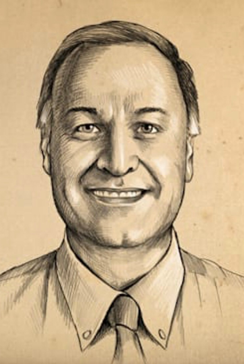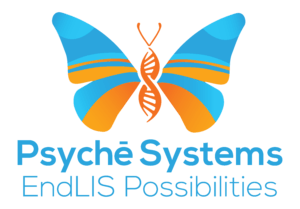[vc_row type=”in_container” full_screen_row_position=”middle” scene_position=”center” text_color=”dark” text_align=”left” overlay_strength=”0.3″ shape_divider_position=”bottom” bg_image_animation=”none”][vc_column column_padding=”no-extra-padding” column_padding_position=”all” background_color_opacity=”1″ background_hover_color_opacity=”1″ column_link_target=”_self” column_shadow=”none” column_border_radius=”none” width=”1/1″ tablet_width_inherit=”default” tablet_text_alignment=”default” phone_text_alignment=”default” column_border_width=”none” column_border_style=”solid” bg_image_animation=”none”][vc_column_text]
I have been following technology developments that leverage drone technology to remotely or autonomously fly time-sensitive patient test samples between medical services locations and medical testing laboratories. I’ve been calling this the first 10 miles problem because when you look at the total workflow for receiving a test sample in the lab, processing and performing the tests, and returning the patient results, the first step – which is getting the patient’s samples to the lab is significant. Typically this requires a contracted courier service to go to the location where the samples were taken, and then drive them to the testing laboratory so the tests can be performed. In remote locations, or in urban areas with high traffic density, this can really delay the speed at which samples can be processed by the lab. Drones have the potential to change all of that, and significantly reduce costs while improving the speed at which test samples can be delivered to a laboratory.
Many companies are working toward this, but one company stands out: United Parcel Service. You might think of UPS as a stodgy company delivering packages in their big brown trucks, but this company is currently going through a remarkable technology transformation phase led by people such as Scott Price – Chief Strategy and Transformation Officer, Chris Cassidy – President of UPS Global Healthcare and Life Science Logistics, and Bala Ganesh – Vice President of UPS Advanced Technology Group.
Earlier this year, UPS initiated a pilot program using unmanned drones manufactured by Matternet to deliver medical samples at WakeMed – a hospital in Raleigh North Carolina. It was the first FAA-sanctioned use of a drone for routine revenue flights transporting products under a contractual delivery agreement. The program was overseen and monitored by the FAA and the North Carolina Department of Transportation.
Due to the success of this pilot program, on October 1st, 2019, The Flight Forward subsidiary of UPS announced it has received the U.S. government’s first full Part 135 Standard certification to operate a drone airline. The company will initially expand its drone delivery service further to support hospital campuses around the country and to provide solutions for customers beyond those in the healthcare industry. UPS Flight Forward plans in the future to transport a variety of items for customers in many industries, and regularly fly drones beyond the operators’ visual line of sight.
The FAA’s Part 135 Standard certification has no limits on the size or scope of operations. It is the highest level of certification, one that no other company has attained. UPS Flight Forward’s certificate permits the company to fly an unlimited number of drones with an unlimited number of remote operators in command. This enables UPS to scale its operations to meet customer demand. Part 135 Standard also permits the drone and cargo to exceed 55 pounds and fly at night, previous restrictions governing earlier UPS flights. This is a remarkable innovation and I congratulate the FAA for approving this important milestone.
At Psyche Systems, we’re really excited about these developments and continue to follow this technology closely. It’s possible that one day soon, Psyche may have the capability to integrate the flight data coming from these drones directly into the Accessioning modules of our Laboratory Information Systems products. This would enable our Laboratory customers to have up to date real-time location and delivery time information indicating when samples will arrive at the lab for specimen tracking and workflow planning purposes. At Psychē Systems we are constantly evaluating our approach, to keep our LIS software on the cutting edge of technology. Our goal is to use technology innovation to reduce costs and turnaround times, improve laboratory performance and improve patient outcomes.
This video shows what the drone delivery future looks like – and it happening now!

Sean joined Psychē Systems in 2013. He is a software industry veteran and entrepreneur with over 35 years of experience in both large enterprises and start-up environments. He is currently Psychē’s Chief Technology Officer. Sean has a Bachelor of Science degree with a minor in Electrical Engineering from Worcester Polytechnic Institute. He has also attended the Babson College MBA program, and is an FAA certified pilot.
[/vc_column_text][/vc_column][/vc_row]

